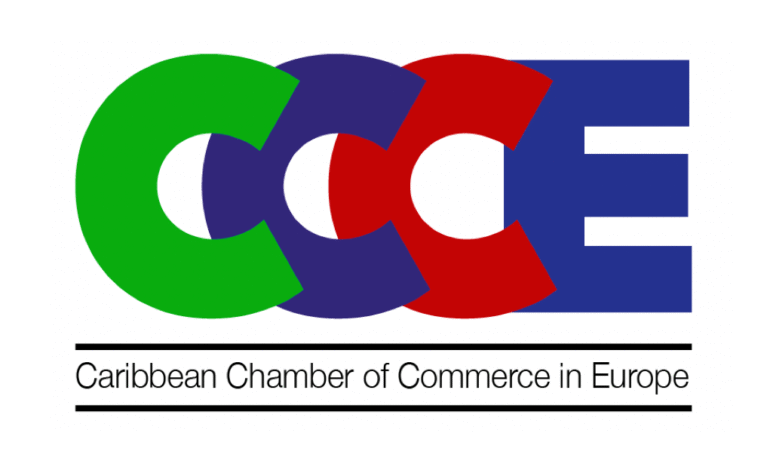
Cartagena, Colombia. May 28, 2025, At the opening of the 17th Greater Caribbean Business Forum in Cartagena, Colombia, Dr. Stacy Richards-Kennedy, Regional Manager for the Caribbean at CAF – Development Bank of Latin America and the Caribbean called for an inclusive and ethically grounded digital transformation agenda for the region.

Delivering the keynote on the topic, “Empowering the Greater Caribbean: Digital Pathways to Sustainable Growth,” Dr. Richards-Kennedy addressed the urgent need for a Caribbean where countries shape their own digital future – one where access, agency, and innovation are prioritised, and where policies and actions are grounded in the region’s unique history and development realities.
“As we speak about empowering the Caribbean through digital transformation, we must firstly ensure that we help to create a Caribbean where digital access is not a privilege, but a right for all,” stated Dr. Richards-Kennedy. “It means viewing connectivity as critical infrastructure, just as essential as roads and bridges. It means treating digital literacy as a public good, to be taught in classrooms, community centres, and homes. And it means recognising that in the Caribbean, the digital divide is not only about access, but also about agency, about who gets to innovate, who gets to lead, who gets to imagine the future and who gets to fully participate in this future.
The 17th Greater Caribbean Business Forum is a flagship event of the Association of Caribbean States (ACS), recognized as a vital platform for regional business growth and cooperation. CAF is serving as a strategic partner for this year’s edition.
During her keynote to regional government officials, industry leaders and stakeholders, Dr. Richards-Kennedy called for regional digital solutions that are people-centred and take into account the diversity of Caribbean countries and their circumstances.

“Digital transformation is not the destination. It is the road. It is the bridge. It is the means through which we pursue the real goal, a more prosperous, more sustainable, more inclusive and a more empowered Greater Caribbean,” she stated. “Our vision is clear – a digitally sovereign Caribbean, where every citizen can verify their identity, pay online, and access government services seamlessly, while maintaining privacy, security, and inclusion at the core.”
Dr. Richards-Kennedy also urged caution about the growing role of artificial intelligence and the importance of instituting ethical guardrails.
“Artificial intelligence and advanced analytics offer tremendous promise, but also tremendous risk. If left unchecked, AI will further amplify biases and deepen already existing inequalities that have, for centuries, sadly characterized lived experiences in our part of the world. For a region still building its digital governance frameworks, these are not merely academic exercises but, indeed, real and pressing concerns,” Dr. Richards-Kennedy stated.
In her keynote, Dr. Richards-Kennedy shared several data points that highlight the region’s development context. According to cited sources, broadband access in rural parts of the Caribbean remains up to 40 percent lower than in urban centres, while investment in research and development across the region is less than 0.1 percent of GDP, compared to nearly 2.5 percent in OECD countries. Additionally, most Caribbean nations continue to score below the global average in customs efficiency and infrastructure quality, according to the World Bank’s Logistics Performance Index, all of which underscore the urgency of targeted investment in digital infrastructure and logistics modernisation.
CAF, which has expanded its footprint in the Caribbean in recent years, now has seven CARICOM shareholder countries and manages a USD 36 billion development portfolio across Latin America and the Caribbean. Dr. Richards-Kennedy reaffirmed CAF’s commitment to working with governments and institutions in the region to deliver agile and flexible development financing, technical expertise, and support for institutional strengthening aligned with the Caribbean’s diverse needs.
About CAF
The mission of CAF – Development Bank of Latin America and the Caribbean is to promote sustainable development and regional integration through the financing of projects in the public and private sectors, providing technical cooperation and other specialised services. Created in 1970, the Bank has 23 shareholder countries: 19 Latin American and Caribbean, together with Spain and Portugal, and 13 private banks. CAF is one of the main sources of multilateral financing and an important generator of knowledge for the region. More information at www.caf.com






